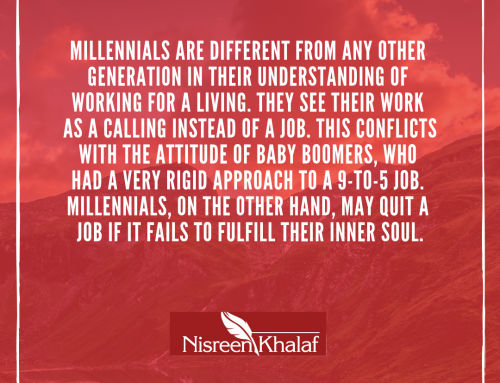Student debt, social media among the factors cited for the increase in depression among young adults.

Depression may be on the rise among younger millennials even as typical risk factors such as substance use and antisocial behavior fall, a new study in the International Journal of Epidemiology suggests.
Researchers looked at two groups of millennials in the United Kingdom, one born between 1991 and 1992 and a second born between 2000 and 2002.
The researchers said they found that overall symptoms of both depression and self-harm had increased by age 14 in the younger cohort compared to the older one.
Symptoms of depression increased from 9 percent to almost 15 percent between 2005 and 2015 — the years of each group’s respective check-in — while reported self-harm increased from almost 12 percent to more than 14 percent.
What’s more, the younger millennials reported lower overall risk factors such as smoking (3 percent compared to 9 percent) and drinking alcohol (43 percent versus 52 percent), as well as fewer anti-social behaviors (28 percent versus 40percent).
While this newest research came from the United Kingdom, similar findings have been made in the United States.
For instance, a 2018 report from Blue Cross Blue Shield found that diagnoses of major depression had risen 47 percent for millennials in 2013. Read

